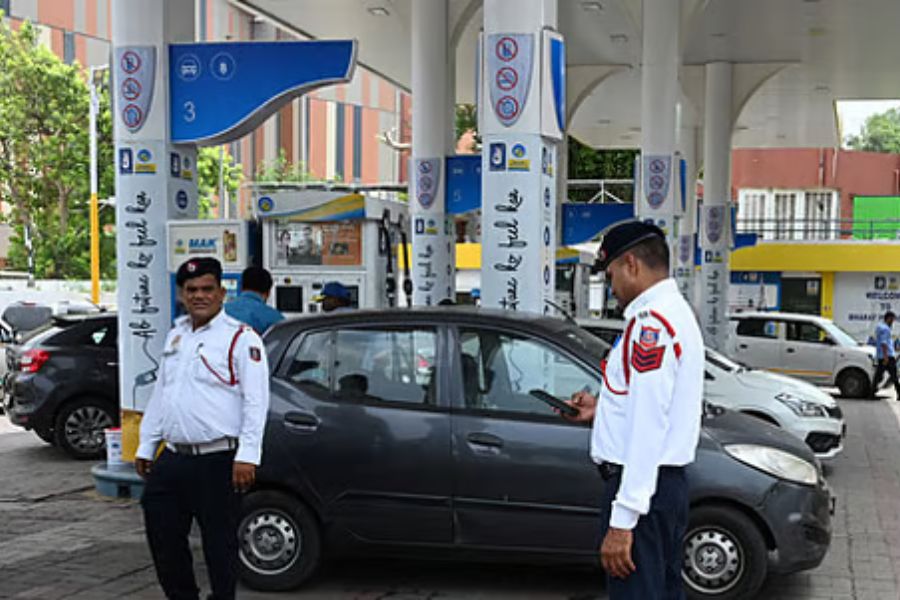In a recent social media post, Digvijay Chautala, while traveling from Chandigarh to Bhiwani, shared a harrowing experience with his Mahindra Scorpio N. According to his account, the propeller shaft of his car suddenly broke while the vehicle was in motion on the 152D highway. Chautala underscored the gravity of the situation, highlighting the potential threat such a malfunction poses to the safety and lives of passengers.
The incident not only raises concerns about the reliability and quality of Mahindra vehicles but also questions the broader safety standards within the Indian automobile industry. As Chautala pointed out, many consumers opt for Indian-manufactured vehicles with the belief that they support local industries and contribute to the nation’s economy. However, if the quality of these products is compromised, it not only jeopardizes customer safety but also erodes trust in domestically manufactured automobiles.
Today while travelling from Chandigarh to Bhiwani in my Scorpio N, on 152D (one of the finest highways in country), the propeller shaft of the car has broken down all of a sudden while the car was moving . The consequences of it breaking down in the moving car are so grave that… pic.twitter.com/IvDnoTePKx
— Digvijay Chautala (@DVJChautala) May 7, 2024
Chautala’s call to action is directed towards both Mahindra and the Ministry of Road Transport and Highways (MORTH). He urged them to take this issue seriously and address it promptly to ensure the security of customers and uphold the faith of the people in Indian-made automobiles.
This incident serves as a reminder of the critical need for stringent quality control measures and regular inspections within the automotive industry. Manufacturers must prioritize safety and reliability in their products to prevent such potentially life-threatening situations.
In response to Chautala’s concerns, Mahindra Rise, the official Twitter handle of Mahindra Group, and MORTHIndia have been tagged, signaling the urgency for intervention and resolution.
As the matter gains attention on social media platforms, it is expected that Mahindra will investigate the incident thoroughly and take necessary corrective actions to prevent similar occurrences in the future. Additionally, government authorities should conduct inquiries into the safety standards of vehicles operating on Indian roads, ensuring that manufacturers comply with regulations and prioritize consumer safety above all else.
In conclusion, Digvijay Chautala’s alarming experience underscores the need for greater vigilance and accountability in the automotive industry. It is imperative that both manufacturers and regulatory bodies work collaboratively to address safety concerns, uphold quality standards, and restore public confidence in Indian-made automobiles. Failure to do so not only poses risks to individual lives but also undermines the reputation of the entire automotive sector.
Read More:




